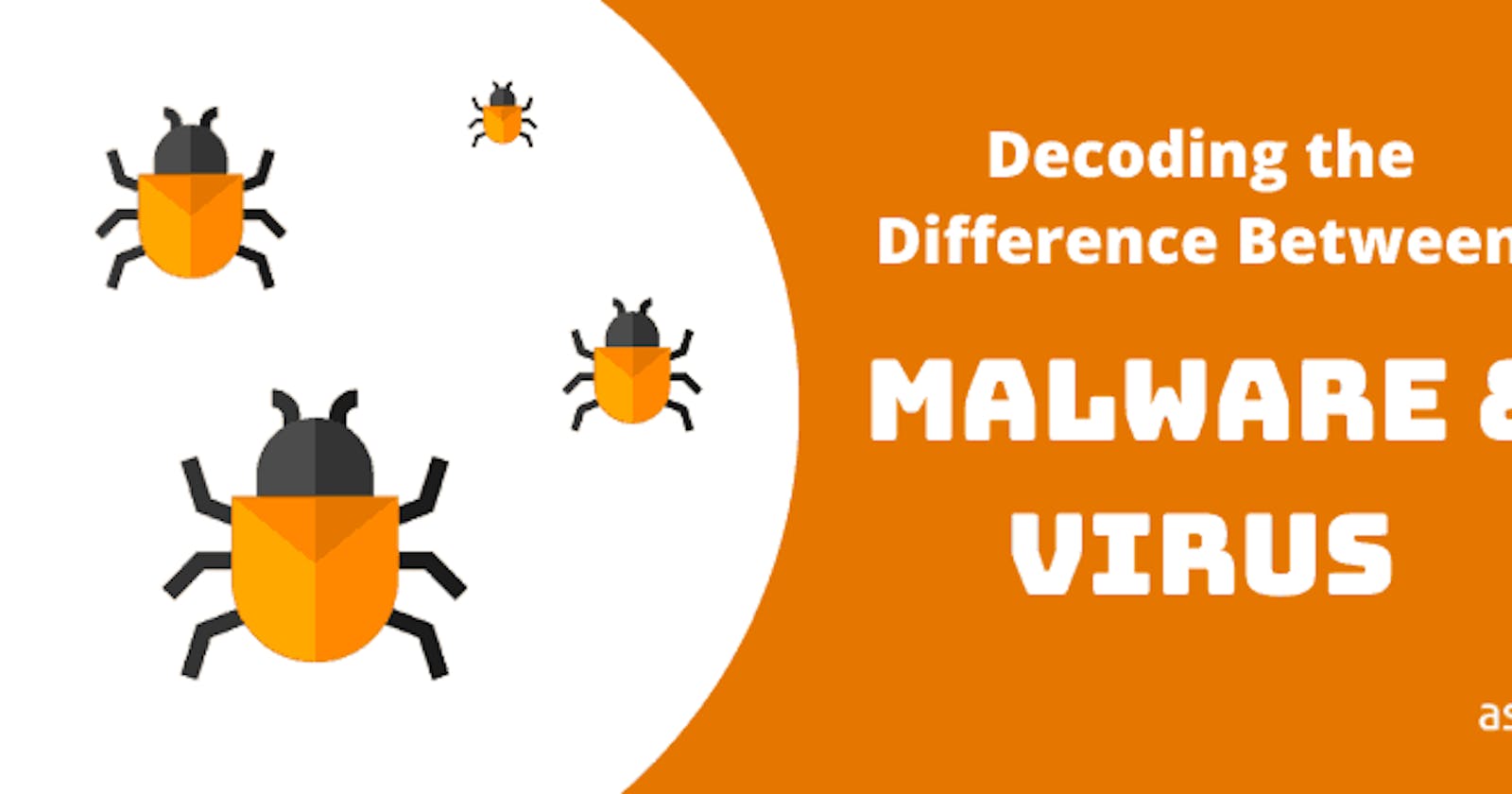Malware and viruses are two terms that are often used interchangeably when discussing computer security, but they are not the same thing. In fact, there are several key differences between malware and viruses that are important to understand in order to protect your computer and your data.
Malware is a broad term that refers to any type of malicious software that is designed to harm or exploit a computer or its users. Malware can take many different forms, including viruses, worms, trojans, spyware, and adware. The goal of malware is typically to gain unauthorized access to a computer system or to steal sensitive information, such as passwords, credit card numbers, or personal data.
Viruses, on the other hand, are a specific type of malware that is designed to replicate itself and spread to other computers. Viruses are often spread through email attachments, infected files, or malicious websites. Once a virus infects a computer, it can cause a wide range of problems, such as deleting files, corrupting data, and even damaging hardware.
One of the key differences between malware and viruses is that not all malware is designed to replicate itself. While viruses are a specific type of malware that replicates itself, other types of malware, such as trojans and spyware, do not have the ability to spread on their own. Instead, these types of malware rely on other methods, such as social engineering or exploiting vulnerabilities in software, to infect a computer system.
Another difference between malware and viruses is the way in which they are detected and removed. Anti-malware software is designed to detect and remove all types of malware, not just viruses. Anti-malware software works by scanning a computer system for known patterns of malicious code and then removing any threats that are found. Anti-virus software, on the other hand, is specifically designed to detect and remove viruses. While anti-virus software can also detect some other types of malware, it may not be as effective at detecting and removing all types of malicious software.
In conclusion, while malware and viruses are often used interchangeably, they are not the same thing. Malware is a broad term that refers to any type of malicious software, while viruses are a specific type of malware that is designed to replicate itself and spread to other computers. Understanding the differences between malware and viruses is important for protecting your computer and your data from potential threats. Whether you are using anti-malware or anti-virus software, it is important to keep your software up-to-date and to practice safe browsing habits in order to stay protected from the latest threats.
